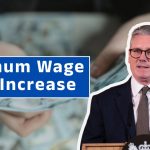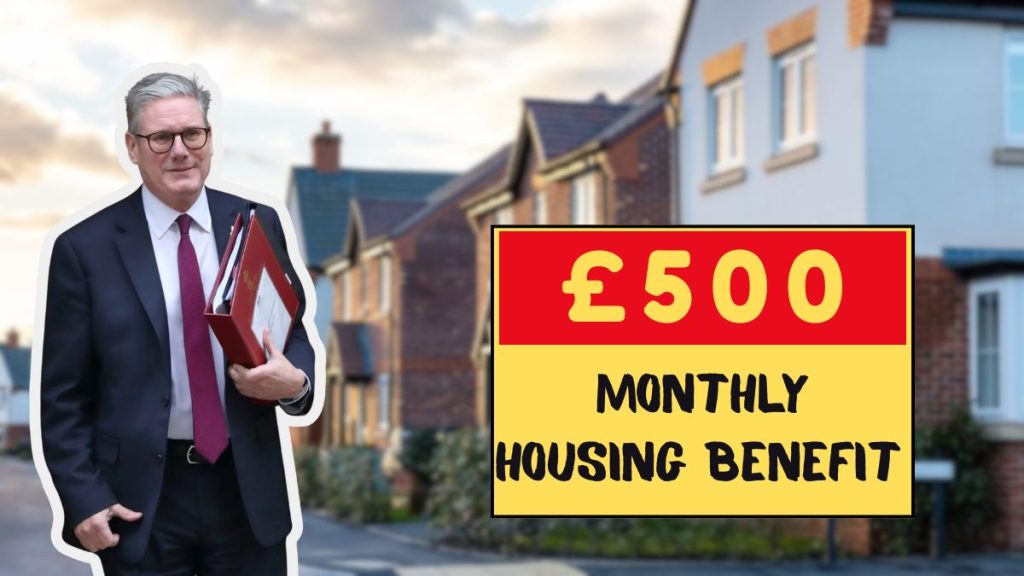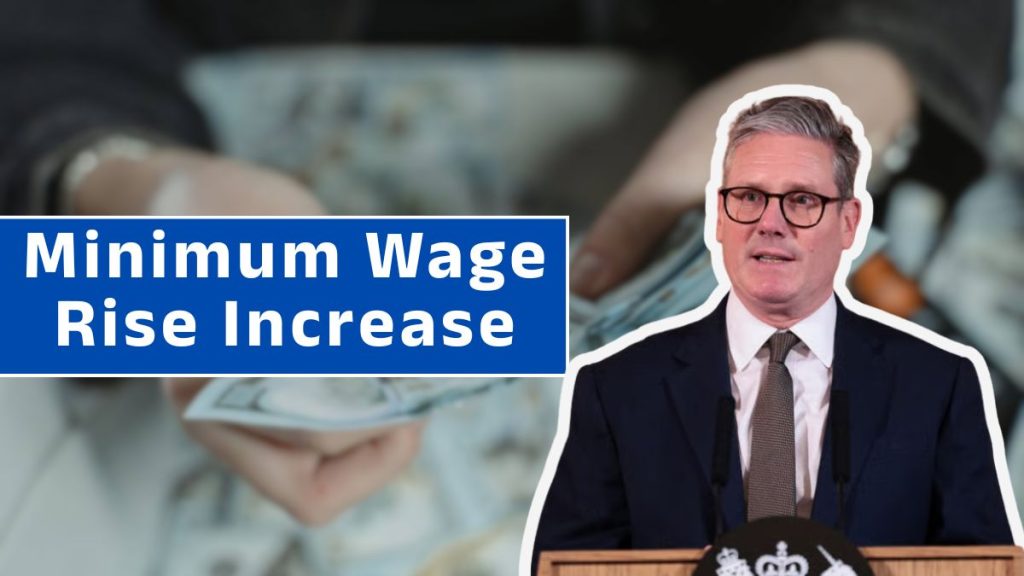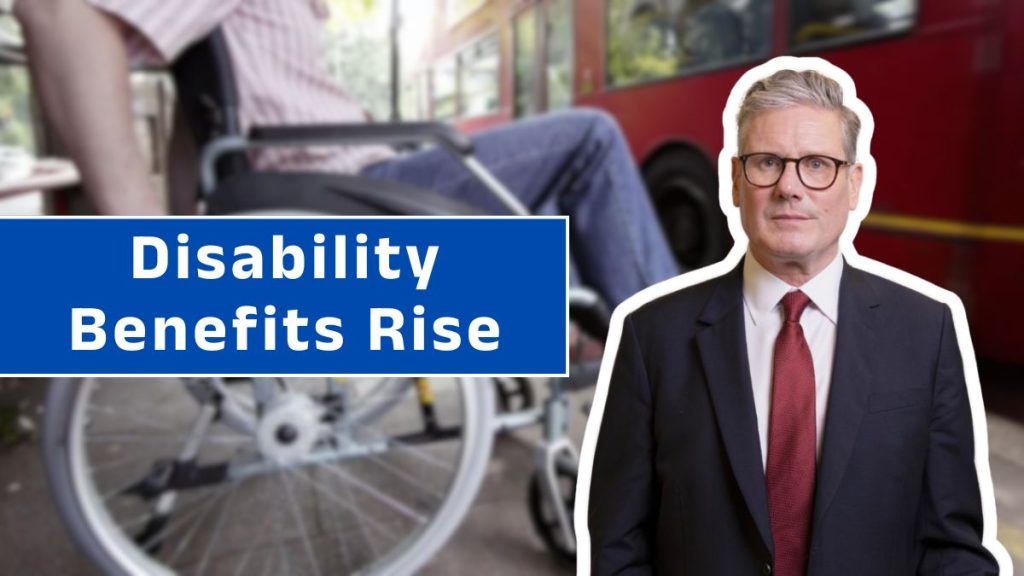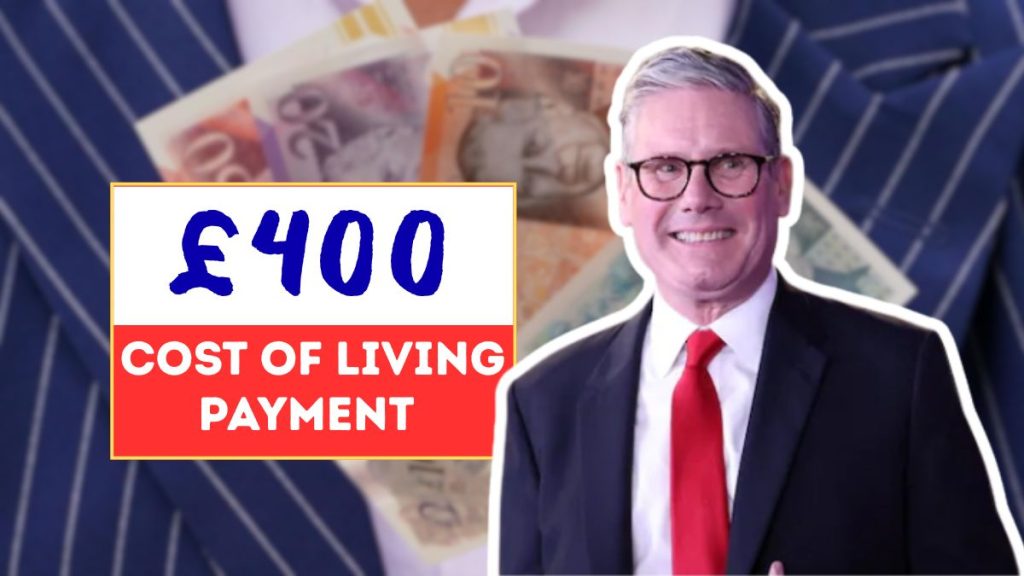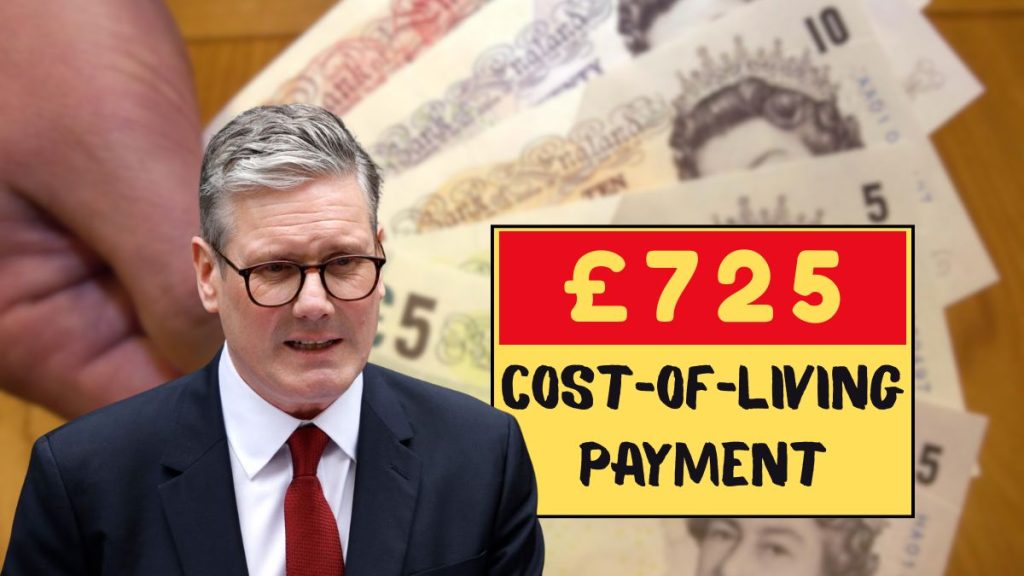The Department for Work and Pensions (DWP) has confirmed a new support measure for Universal Credit recipients in 2025. Eligible claimants will receive a £412 direct payment, designed to help households facing rising costs of food, housing, and energy.
This update affects millions across the UK, giving low-income families and individuals an important lifeline during a period of economic pressure. Understanding how the payment works—who qualifies, when it arrives, and how to use it—is crucial for every Universal Credit claimant.
What Is the Universal Credit £412 Boost?
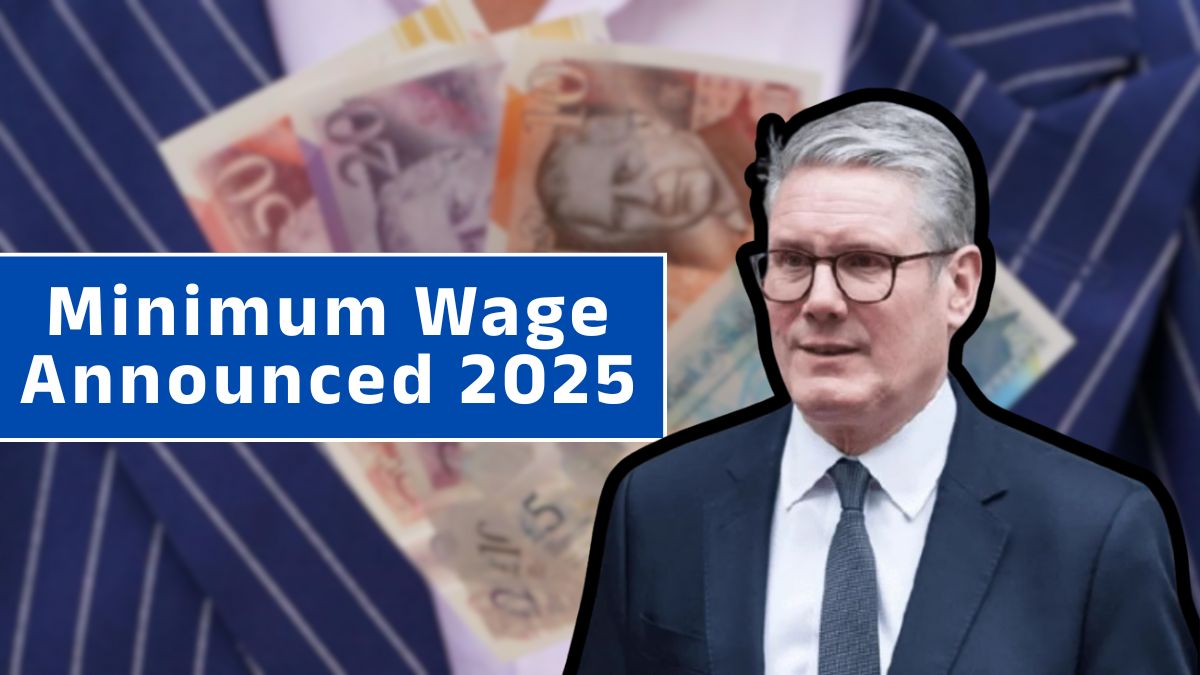
The Universal Credit boost is a direct additional payment provided on top of regular Universal Credit benefits. Unlike standard monthly support, this £412 payment is a flat-rate financial top-up aimed at easing pressure from inflation and high living costs.
It is intended to:
- Help with household essentials such as rent, energy bills, and food.
- Provide a safety net for emergencies, such as childcare costs or unexpected expenses.
- Complement, rather than replace, existing Universal Credit entitlements.
Who Qualifies for the £412 Payment?
Eligibility for the £412 Universal Credit boost depends on your current claim status. To qualify, you must:
- Be actively receiving Universal Credit at the time of payment.
- Meet the DWP’s rules on income, savings, and household composition.
- Not have recently received another one-off Universal Credit boost.
Special support may also apply:
- Households with children.
- Disabled claimants with higher living costs.
- Families struggling with housing or childcare costs.
The DWP recommends that all claimants log into their online Universal Credit account to confirm eligibility.
When Will the £412 Payment Be Issued?
The payment will be rolled out in stages throughout 2025.
- Automatic deposit: The £412 will be sent directly to the same bank account linked to your Universal Credit.
- Timing: Payments will arrive according to claimants’ regular payment schedules.
- Tip: Ensure your bank details are up to date in your online account to avoid delays.
If your account has changed recently or you’ve had failed payments before, it’s important to contact the DWP immediately.
How the £412 Amount Is Calculated
The £412 boost is a flat-rate payment. Most claimants will receive the same amount, but some situations may differ:
- Couples on joint claims may receive the payment together.
- Individual claimants will get the full £412 directly.
- Additional support through housing or childcare allowances will remain separate from this boost.
This ensures that every eligible household gets the same base level of support, regardless of wider circumstances.
How to Claim the Boost
The good news? No separate application is required.
- Payments will be added automatically to regular Universal Credit disbursements.
- Claimants should:
- Verify that their Universal Credit account is active and up to date.
- Double-check their bank and contact details.
- Watch their account for a payment confirmation notice.
If delays occur, the DWP helpline and jobcentre offices can assist.
How This Boost Will Affect Families
For many households, the £412 boost represents more than just a number on paper. Families have reported that similar past payments allowed them to:
- Catch up on utility bills.
- Cover school expenses.
- Reduce short-term debt.
- Save a little for emergencies.
In a year of high living costs, this extra support could prevent thousands from falling into financial crisis.
Expert View: Why the Boost Matters
Economists and social support experts argue that while one-off payments don’t solve deeper systemic issues, they provide critical breathing space for vulnerable households.
The £412 payment is expected to help families stabilize finances at a time when:
- Energy bills remain high.
- Rent increases continue.
- Food inflation squeezes budgets.
By targeting low-income households, the payment ensures support goes where it’s needed most.
Will It Affect Regular Universal Credit Payments?
One of the biggest questions claimants ask is whether this extra payment reduces their normal support. The answer is no.
- The £412 boost is separate from monthly Universal Credit entitlements.
- It does not reduce standard benefits.
- Claimants will continue to receive their regular support as usual.
How Families Should Plan Ahead
Experts recommend that claimants use the boost wisely. Suggested strategies include:
- Covering essentials first (rent, food, bills).
- Using a portion to reduce high-interest debt.
- Building a small emergency fund.
- Setting aside money for school uniforms, winter heating, or transport costs.
Even though it’s a one-off payment, smart planning can stretch its impact over several months.
DWP Support and Resources
The DWP is encouraging claimants to stay informed using official channels. These include:
- Universal Credit online account portal – for payment updates.
- DWP helpline – for issues with payment confirmation or delays.
- Local jobcentre offices – for in-person support.
Claimants should avoid relying on unofficial sources, as misinformation can cause confusion.
FAQs on the £412 Universal Credit Boost
Q1: Will everyone on Universal Credit get the £412 boost?
A1: Not necessarily. You must be an active claimant meeting eligibility rules at the time of payment.
Q2: When will the payment be made?
A2: Payments will be issued in stages throughout 2025, aligned with claimants’ existing Universal Credit schedules.
Q3: Do I need to apply separately?
A3: No. The payment is automatic. Claimants just need to ensure their details are correct.
Q4: Will it reduce my monthly Universal Credit?
A4: No. The £412 boost is separate and does not affect your normal entitlement.
Q5: What should I do if my payment is delayed?
A5: Contact the DWP helpline or visit a jobcentre office for support.


